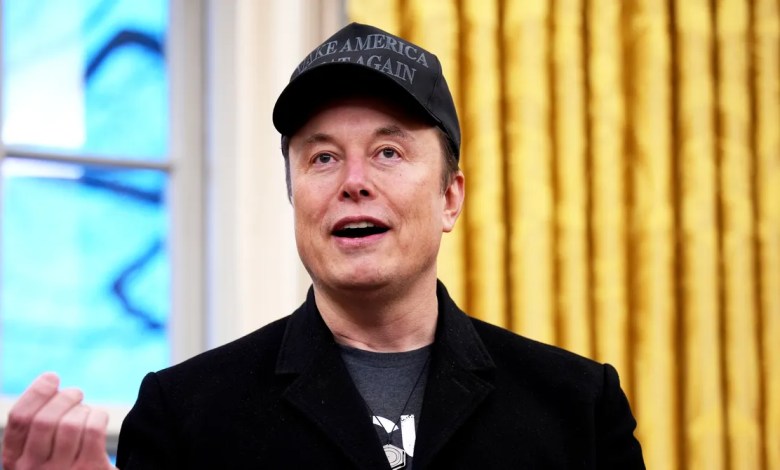Doge is more busy than ever – and Trump says that Elon Musk “really doesn't start”

Elon Musk will not fully leave the so -called Ministry of Government Effectiveness (DOGE) – and its activities are only intensifying. Friday, President Donald Trump threw cold water on the idea that Musk would fully disappear from Doge and the White House forever. “Elon really doesn't leave,” said Trump at a joint press conference with Musk in the oval office. “He's going to be both directions. He's his baby, he's going to do a lot.”
“I expect to continue providing advice”, Musk, wearing a black hat with Doge written on it and a black shirt reading “Dogefather”, said at the press conference on Friday, while noting that its legal limit for the service as a special employee of the government was ending. “I expect to stay a friend and an advisor.”
Federal workers from at least six agencies tell Wired that Doge style work is sorted out in their departments.
According to sources. The members of the Early Doge team from Musk, including Luke Farritor, Gavin Kliger, Edward Coristine and Sam Corcos, have met a certain number of departments and agencies – including the Treasury, the Management and Budget Office, and the FBI – in recent days, which continue to continue business as usual, Wired has learned.
The team also seems to actively recruit, according to documents targeted by Wired.
During last week, federal workers were also invited to examine and potentially cancel contracts through the government. Trump seemed to confirm that contracts were under examination at the press conference on Friday: “Many contracts, Elon, are currently examined,” he said.
Some agencies have also received DOGE visits to their head office, Wired learned.
“It does not look like a group that disappears, it looks like the one who digs like a parasite,” a computer specialist in the department of agriculture (USDA) told Wired.
Since Doge started his work in Washington at the end of January, his representatives are looking forward to what they consider as superfluous spending in the government. In recent weeks, the pressure to reduce and cancel contracts, specifically focused on managing labor and IT, has increased considerably, have several sources in a variety of Wired agencies.
“The greatest thing is that we are invited to reduce as many contracts for software and labor,” said Wired, a technological worker from the Ministry of the Interior (DOI), saying that the declared objective, as he understands, has been “to save money and efficiency by consolidating it”.
“We cut developers, telecommunications, servers administrators, call center staff, etc.”, explains the Source Doi. “Some things were swollen and could use the cut. Others will suffer, and our service to the public will be degraded. ”
Employees of the Ministry of Health and Social Services (HHS), and all agencies under its umbrella, have been informed that contracts should go through a new approval process called the Ministry of Efficiency (DER). Any requisition or approval of the contract is interrupted until workers submit a form to start the der and the assistant secretary's office examines funding, according to an email concerning the process obtained by Wired. E-mail also indicates that the examination will point out all the contracts that seem expensive and excessive.





